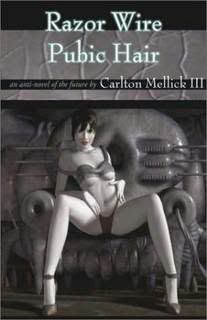Interview with
Carlton Mellick IIIby
Dr. Kevin Alexander Boon
Carlton Mellick, III is the preeminent author of bizarro fiction and a well-known figure in the world of zombie literature. While other writers rehash tired themes that amount to little more than Romero redux, Mellick transcends the genre, elevating it to literary art (albeit, a bloody, visceral literary art). In the past six years, Mellick has published sixteen books. While zombies are woven through the fabric of nearly all his work, his principle “zombie novels” are Steel Breakfast Era and Electric Jesus Corpse, but his novel, Satan Burger (a best-seller on Amazon) was promoted as a “cyberpunk zombie” novel in Russia, and zombies are notably present in Ocean of Lard, The Baby Jesus Butt Plug, and Razor Wire Pubic Hair.
Mellick’s work has enough gore and violence to satisfy the most discerning zombie fanatic, but it is much more literate than other zombie novels, resonating with shades of William S. Burrough, Richard Brautigan, Allen Ginsberg, Kathy Acker, with traces of Dada and Surrealism.
In a recent interview, Mellick was gracious enough to offer the following insight into his work with zombies.
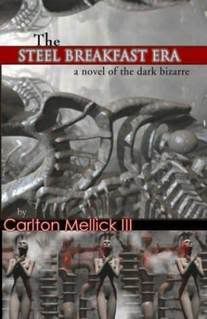
Boon: Zombies appear in nearly all of your work. They are prevalent in works such as The Steel Breakfast Era, a novel that centers on zombies; but they also appear in works not specifically designated as zombie fiction. In Sea of the Patchwork Cats, for instance, the cat is named “Zombi” and the work is dedicated to “Zombi.” How do you explain what you refer to as an “obsession” with zombies?
Mellick: I love the idea of the living dead. As a child, I was obsessed with zombie movies. I dreamed of zombie wastelands. When I played with my G. I. Joe action figures, I didn't play "war." I played "Dawn of the Dead." In college, I started a zombie movie collection that grew into the hundreds, including films so rare that I had to pay $70 for a 20th generation bootleg and films so low budget that they were basically just a bunch of high school kids playing around with a camera in their zombie-plagued backyard. Though I didn't love zombies because of the gore, or because of the horror. I love them because of the drama... the fight for survival, the slow extinction of the human race, the idea of living in a dead world.
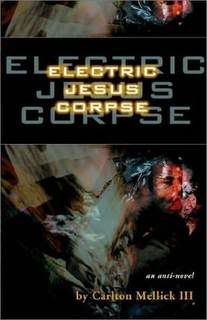
Boon: What is it about the zombie that draws you to it as a writer?
Mellick: As a writer, I like the zombie as an atmospheric tool. I really like stories that take place in a world of the dead, but the plot has nothing to do with the conflict between the living and the dead. The zombies don't even have to be hostile. In Razor Wire Pubic Hair, there are zombies that walk the landscape without a purpose. They are just sad, lost, rotting, living dead creatures. Like shadows of the characters in the story. I like using zombies in that kind of way.
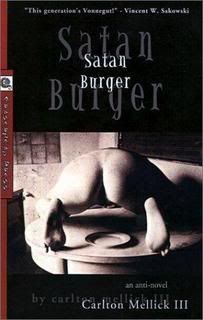
Boon: In addition to the Romero-influenced, flesh eating zombies found in your work, you also have characters who behave like zombies, what I call “cultural zombies”--the characters in Menstruating Mall, for example, who are mesmerized by capitalism and material culture. What relationships, links, connections, etc., do you see between traditional zombies and the other characters in your work (such as the gang in Satan Burger)?
Mellick: Well, traditional zombies are sad, lost, rotting, living dead, cannibalistic creatures on the outside. Cultural zombies are sad, lost, rotting, living dead cannibalistic (capitalistic?) creatures on the inside. Oh yeah, and they both like to make everyone else exactly like them.
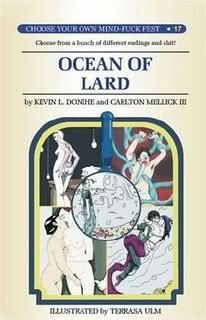
Boon: Are you planning any future “zombie” novels?
Mellick: If I ever write an autobiography, I decided I would give it a fictional zombie apocalypse setting. Basically, the back story would be my autobiography, but the rest of the story would be about my pathetic attempts to survive a zombie plague. But I think it might be more fun to write than it would be to read.
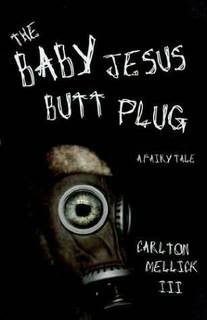
Interview by Dr. Kevin Alexander Boon.
